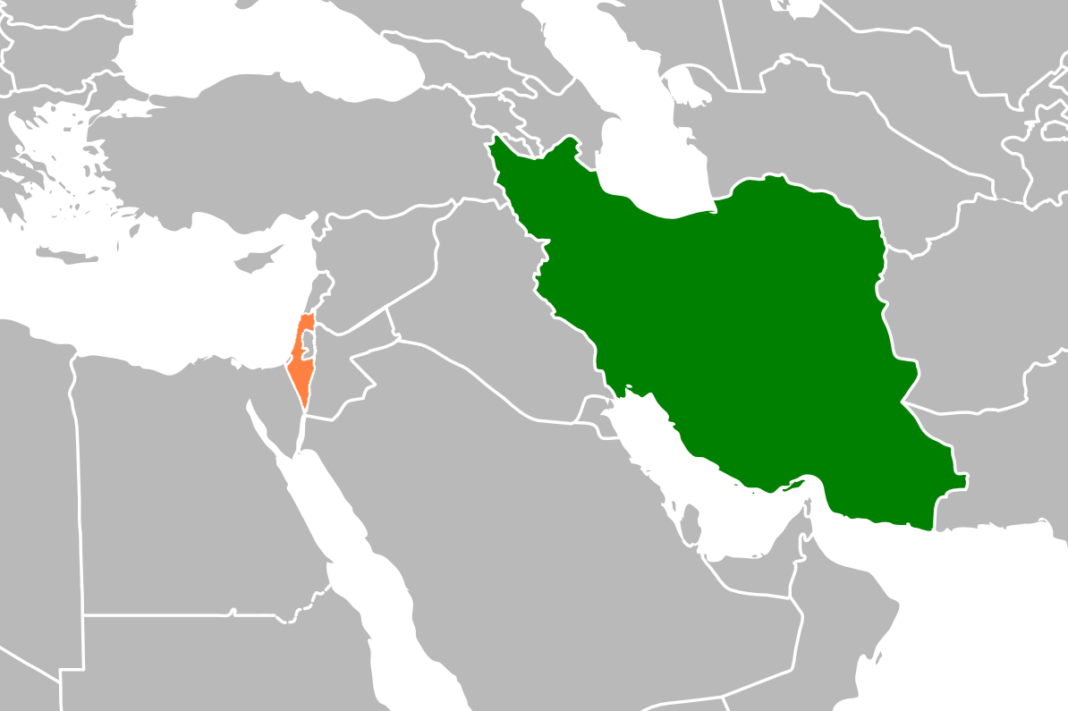【Tel Aviv INPS Japan=Roman Yanushevsky】
The “shadow war” between Iran and Israel has been lasting for several decades, and it is gradually gaining momentum. High-ranking representatives of the Islamic Republic regime have repeatedly declared their intention to destroy Israel. To this end, Iran has created, developed, and continues to finance military groups in several countries in the region: Lebanon, Syria, Iraq, and Yemen.(P-11)|RUSSIAN|HINDI|JAPANESE|
For them, Iran has meticulously devised a comprehensive attack plan on Israel, which could be fatal for the Jewish state. This plan might have been thwarted by Hamas on October 7th, as they accelerated the implementation of their part of the plan without warning their allies in advance. The plan envisioned coordinated actions between all the groups, not just one of them.
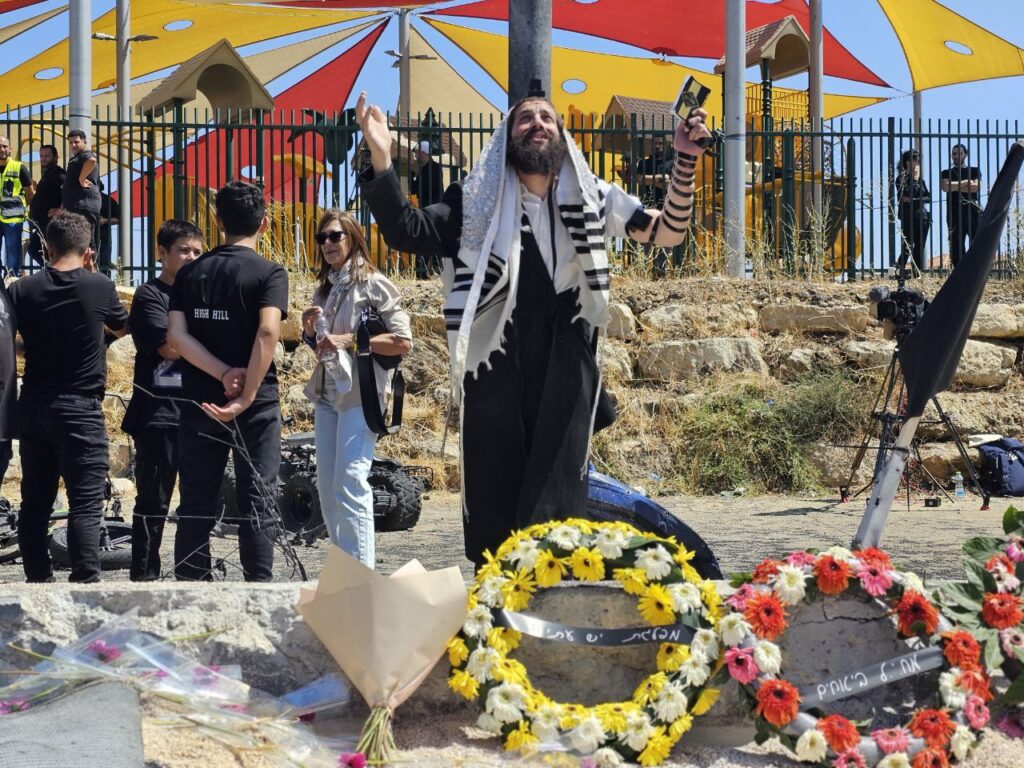
The most powerful pro-Iranian group in the region, the Lebanese Hezbollah, although it verbally supported Hamas, only joined the war the next day, on October 8, and did so rather moderately. As a result, for almost ten months now, Israel has been conducting an operation in the Gaza Strip, Hamas’s stronghold, while Hezbollah has been gradually increasing its pace, attacking northern Israel with rockets and drones. This has led to the evacuation of residents from border areas, as well as from southern Lebanon.
In the context of the confrontation with pro-Iranian groups since last fall, Israel struck the Iranian consulate in Damascus, killing Brigadier General Mohammad Reza Zahedi, a senior commander of the Quds Force of the Islamic Revolutionary Guard Corps (IRGC), and seven other IRGC officers.
In response, on April 13, Iran directly attacked Israel for the first time since 1979, using hundreds of drones and rockets. Most of these were intercepted, but this forced Israel to respond with a targeted strike on a radar protecting an Iranian nuclear site near Isfahan.
Subsequently, both sides exchanged threats involving nuclear weapons. On April 18, a senior IRGC commander responsible for nuclear security, Ahmad Haghtalab, stated that “the Zionist regime’s threats against Iranian nuclear facilities could lead to a reconsideration of our nuclear doctrine and abandonment of previous considerations.” Haghtalab threatened to launch a powerful missile strike on Israel’s nuclear facilities and destroy them.
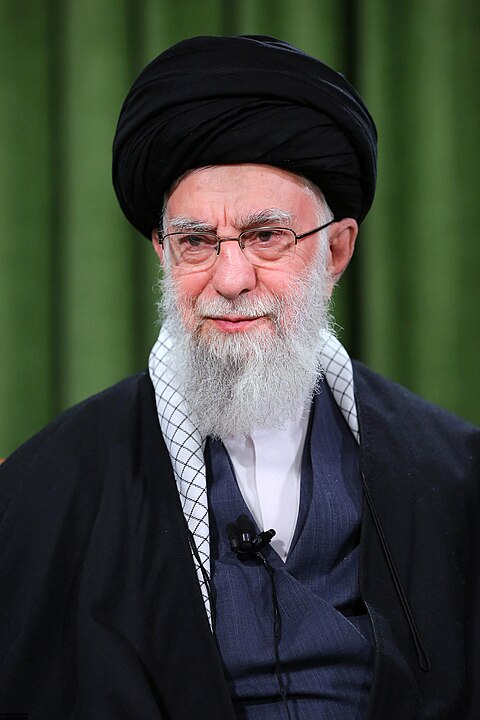
On May 9, Kamal Kharrazi, an advisor to Iran’s Supreme Leader Ali Khamenei, made similar statements. He said that Iran might be forced to develop nuclear weapons if Israel threatens its existence.
“We have not decided to create a nuclear bomb, but if there is a threat to Iran’s existence, we will have no choice but to reconsider our military doctrine,” he said.
After sharp criticism of the regime for such threats, Iran’s Ministry of Foreign Affairs preferred to backtrack and issued a softer statement, announcing that Iran remains committed to adhering to international agreements that prohibit the proliferation of weapons of mass destruction and does not intend to change its nuclear doctrine.
The Iranian Foreign Ministry spokesman Nasser Kanani said that Iran’s principled position on weapons of mass destruction is based on a fatwa (religious decree) by Iran’s Supreme Leader Ali Khamenei, which prohibits the creation of such weapons. According to him, Iran believes that such weapons pose a threat to the international community.
Israel responded to Iran’s threats with counter-threats. At the end of June, Yair Katz, head of the working committee of Israel Aerospace Industries (IAI), indicated that Israel is prepared to use nuclear weapons in the event of a large-scale attack against it.
“In case of a massive attack on us simultaneously from all sides, we have Doomsday weapons. We have weapons that will disrupt the equation they are trying to impose on us,” he said. “If Iran, Yemen, Syria, Iraq, and all the countries of the Middle East decide that it is time to settle accounts with us, I understand that we have the capabilities to use end-of-the-world weapons.”
A few days later, on July 8, former Israeli Foreign Minister Avigdor Lieberman also addressed the topic of Iran’s nuclear program and Tehran’s growing strength in a radio interview. According to him, Israel should use all the means at its disposal.
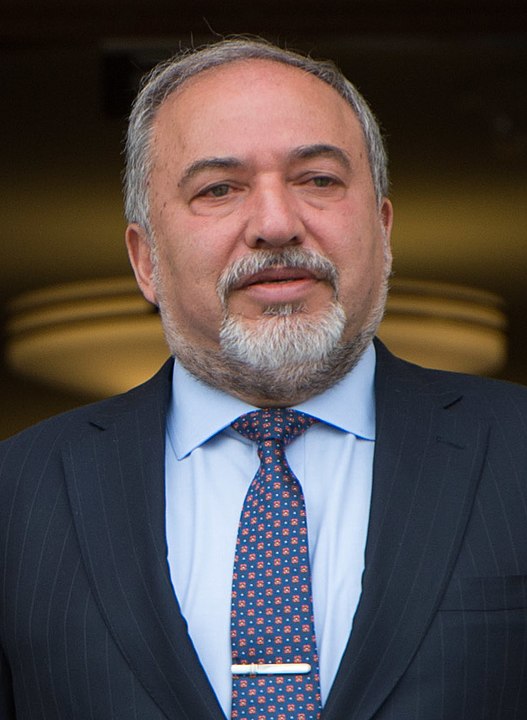
“We must end their nuclear program,” he said, reminding listeners of the US war against Japan, which ended only after the use of nuclear weapons.
Many perceived these remarks as a hint at the possibility of Israel using nuclear weapons.
It is worth noting that Israel is not among the states that have signed the Nuclear Non-Proliferation Treaty (NPT). Israel has maintained a policy of ambiguity on this issue for decades. Experts are confident that Israel possesses at least two hundred nuclear warheads. In the late 1960s, Israel secretly developed nuclear weapons with the assistance of France, but it has not officially declared this. Formally, Israeli leaders deny it.
The annual report of the Stockholm International Peace Research Institute (SIPRI) shows that nuclear-armed states have increased their spending on nuclear weapons by a third over the past five years. They are modernizing their arsenals against the backdrop of growing geopolitical tensions. According to the report, over the past year, all nine nuclear-armed states have been involved in these efforts.
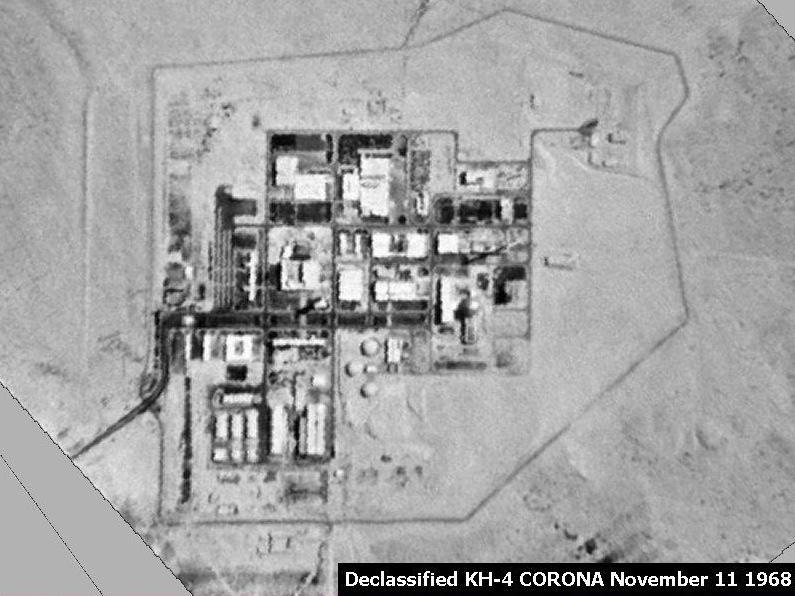
As for Israel, experts believe that it is modernizing its nuclear arsenal and the plutonium production reactor in Dimona. Spending on nuclear weapons in Israel has increased by more than 33 percent since 2018.
Regarding Iran, in mid-July, U.S. Secretary of State Antony Blinken made a very concerning statement about the speed at which Iran is approaching nuclear capability during a security conference in Aspen, Colorado. “Iran is at most two weeks away from enriching enough fissile material to make an atomic bomb,” he said.
According to experts on Iran’s nuclear program at the U.S. Institute for National Security Studies, key points from the International Atomic Energy Agency (IAEA) report for May 2024 indicate that Iran continues to advance its uranium enrichment program, focusing on accumulating material enriched to 60 percent.
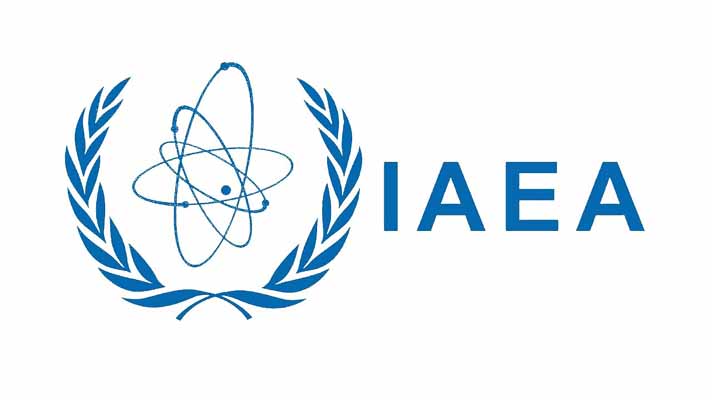
This does not mean that Iran is on the brink of creating nuclear weapons since there is a technological gap between uranium enrichment and bomb creation.
Experts estimate that Iran could start enriching uranium to weapon-grade levels (90 percent) as soon as tomorrow, but it is currently refraining from doing so, fearing Western reactions. However, it continues to enrich uranium to 60 percent and is accumulating its stockpile.
Thus, the confrontation between Iran and Israel and the threats of nuclear weapon use create a potentially dangerous situation where, in the event of a direct military conflict, one of the parties might not maintain its composure and could resort to using banned weapons.
INPS Japan
This article is brought to you by INPS Japan in partnership with Soka Gakkai International, in consultative status with UN ECOSOC.
Related Articles:




